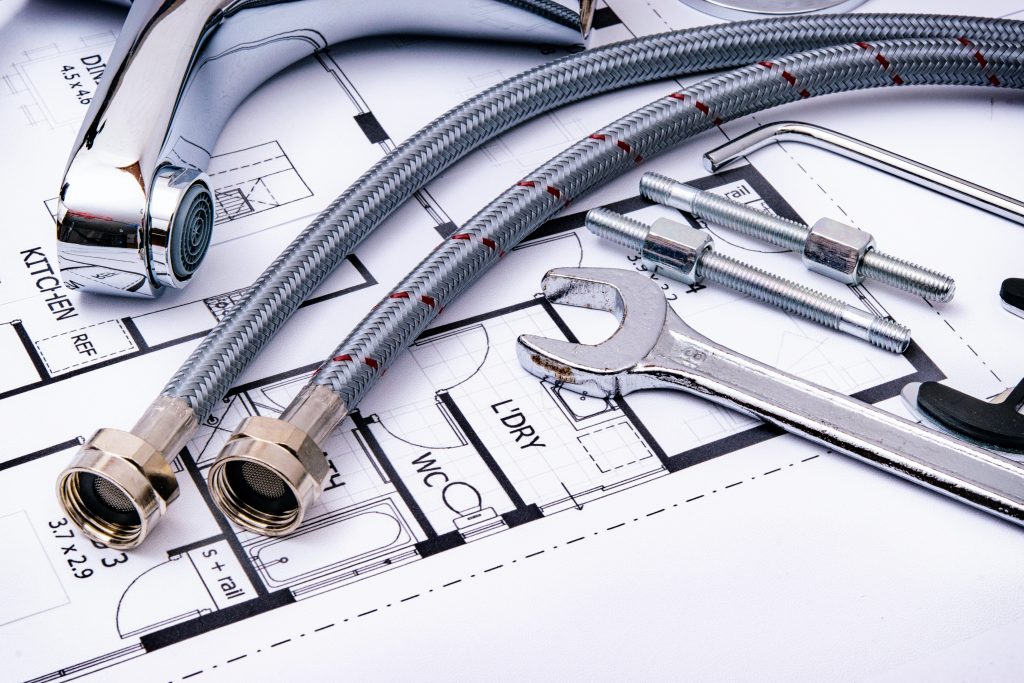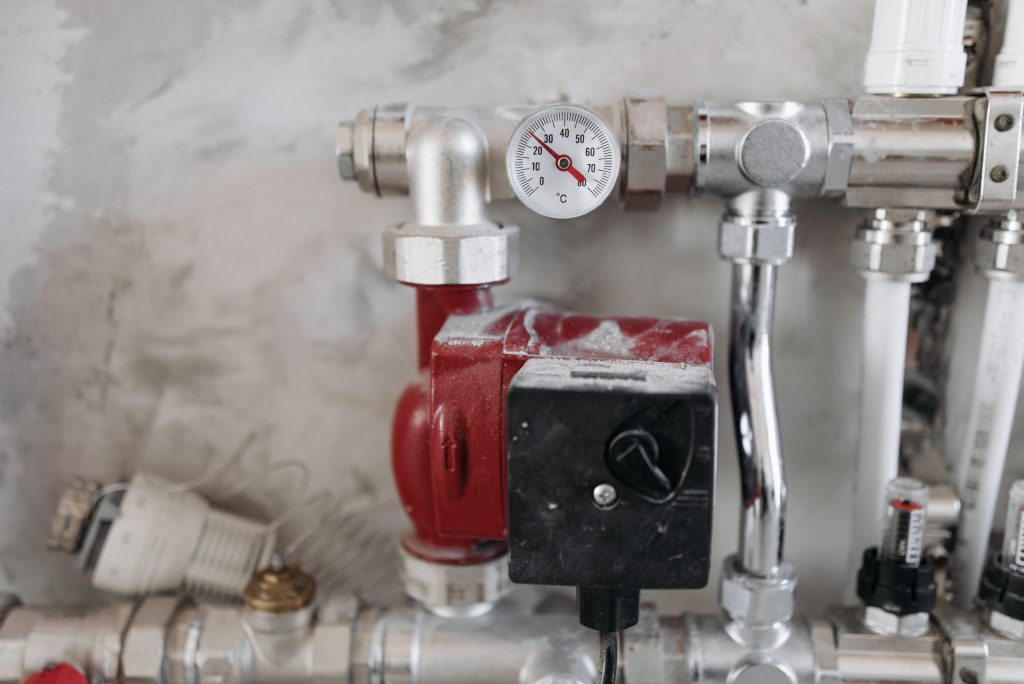
Plumbing codes and rules are crucial pointers set through authorities authorities to make sure the layout, installation, and preservation of plumbing systems meet safety, health, and environmental standards. These codes are essential for safeguarding public health, protecting assets, and selling sustainability. Here’s an in depth evaluate of plumbing codes and guidelines, their significance, and the way they effect diverse components of plumbing.
Importance of Plumbing Codes and Regulations
1. Public Health and Safety:
- Plumbing codes establish requirements to save you contamination of drinking water and make sure the secure disposal of wastewater, minimizing the danger of waterborne illnesses and health hazards.
- Properly designed and hooked up plumbing structures lessen the chance of injuries, including scalding from warm water or injuries from faulty fixtures.

2. Property Protection:
- Compliance with plumbing codes helps save you property harm as a result of leaks, floods, or sewage backups, decreasing the chance of expensive upkeep and coverage claims.
- Regulations concerning structural integrity and fireplace protection of plumbing installations make contributions to basic property protection.
3. Environmental Conservation:
- Plumbing codes include provisions for water conservation, selling the use of green furnishings, and minimizing water wastage.
- Regulations associated with sewage treatment and disposal help prevent pollution and protect natural water bodies and ecosystems.
Components of Plumbing Codes
1. Design and Installation Standards:
- Codes specify requirements for the layout, format, sizing, and installation of plumbing structures, ensuring they meet practical and structural requirements.
- Guidelines cover factors such as pipe substances, fixture sorts, venting, drainage, and accessibility for protection.
2. Fixture and Appliance Requirements:
- Codes mandate the usage of accepted furnishings and home equipment that meet overall performance, efficiency, and safety requirements.
- Regulations might also consist of specs for water heaters, water closets, faucets, showers, and other plumbing fixtures to ensure proper functioning and sturdiness.
three. Health and Sanitation Standards:
- Plumbing codes set up criteria for retaining sanitary conditions, consisting of provisions for backflow prevention, cross-connection manipulate, and right waste disposal.
- Requirements goal to prevent the infection of potable water resources and maintain hygienic situations in plumbing systems.
4. Fire Protection Measures:
- Codes comprise provisions for hearth suppression systems, which include sprinklers and standpipes, in commercial and residential homes to beautify fireplace safety.
- Regulations make sure that plumbing installations do now not compromise hearth resistance rankings and facilitate powerful firefighting operations.
Compliance and Enforcement
1. Permitting Process:
- Before challenge plumbing paintings, property proprietors or contractors usually need to attain permits from neighborhood authorities, demonstrating compliance with applicable codes and regulations.
- Permit packages may additionally require distinctive plans, specifications, and engineering calculations to ensure proposed plumbing installations meet standards.
2. Inspections and Testing:
- Building inspectors conduct inspections at numerous levels of plumbing initiatives to confirm compliance with codes and make certain right installation and protection.
- Inspections might also cowl tough-in plumbing, fixture installation, stress trying out, and final compliance exams earlier than occupancy permits are issued.

three. Code Updates and Training:
- Plumbing codes are periodically up to date to reflect advancements in technology, adjustments in building practices, and evolving safety requirements.
- Building professionals, which includes plumbers, contractors, architects, and engineers, go through schooling to stay informed approximately modern codes and rules and ensure compliance in their tasks.
Conclusion
Plumbing codes and policies play a vital position in ensuring the protection, fitness, and sustainability of plumbing systems in residential, business, and commercial settings. By adhering to established standards, belongings proprietors, contractors, and building experts can mitigate dangers, guard assets investments, and make a contribution to public welfare and environmental conservation. Compliance with plumbing codes no longer most effective ensures prison requirements are met but also fosters self assurance within the reliability and integrity of plumbing installations for the gain of society as a whole.
